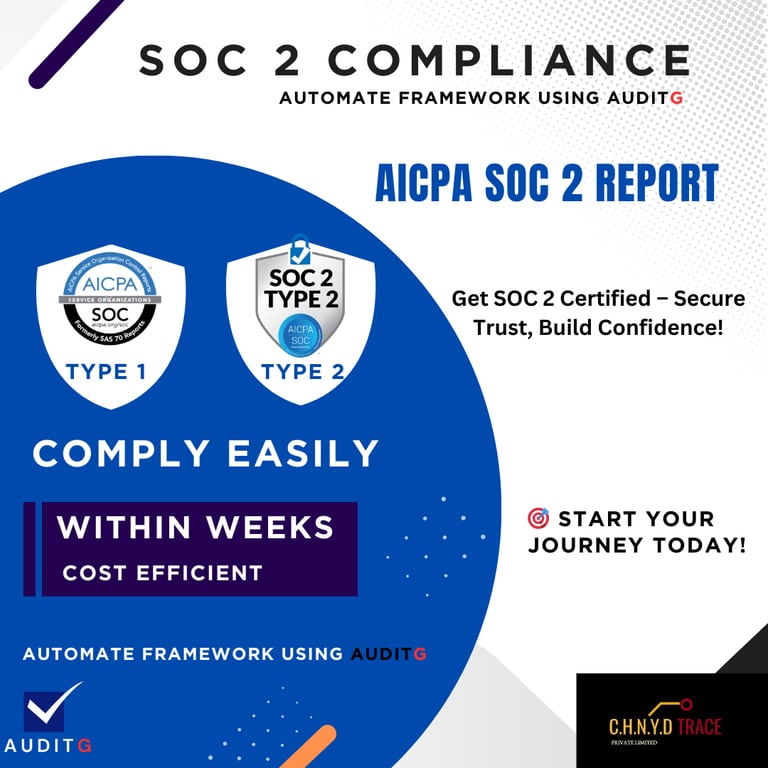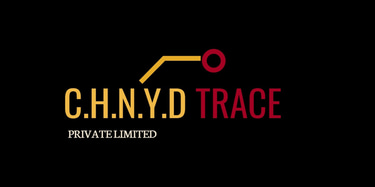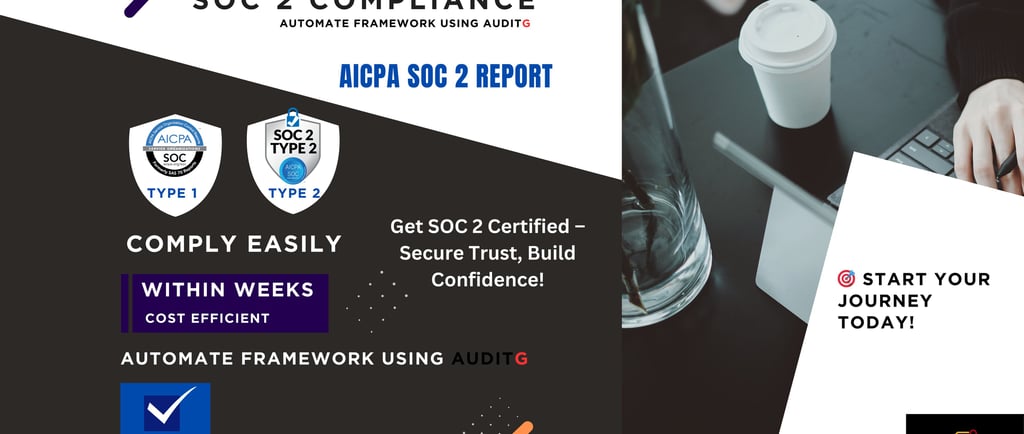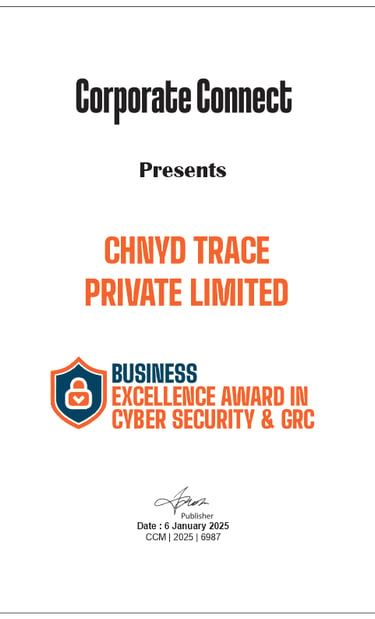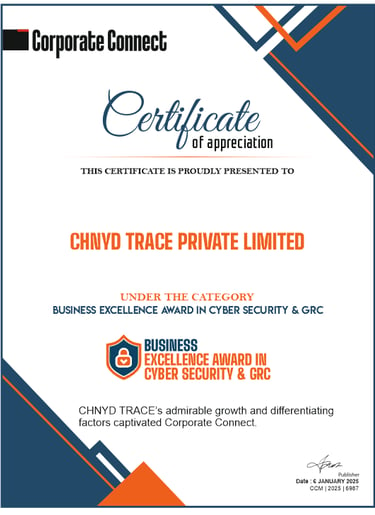soc 2 type 2 certification meaning
SOC 2 Type 2 Certification Meaning: Everything You Need to Know About Compliance
SOC 2
11/30/20245 min read
What is SOC 2 Type 2 Certification?
SOC 2 Type 2 certification is a critical framework designed to assist service organizations in demonstrating their commitment to data security and privacy. Developed by the American Institute of CPAs (AICPA), this certification evaluates a company's controls over a specified period, typically ranging from six months to a year, ensuring compliance with defined criteria regarding the handling of customer data. The primary purpose of SOC 2 Type 2 certification is to provide a reliable assurance to customers that their sensitive information is managed according to high standards of security.
Understanding the significance of SOC 2 Type 2 certification is essential for organizations that store or process customer data. The certification is particularly relevant to SaaS providers, cloud storage companies, and other technology solutions that handle sensitive information. By attaining SOC 2 Type 2 certification, these organizations can illustrate their adherence to best practices in safeguarding customer data, thus enhancing customer trust and loyalty. This trust is increasingly vital in today's digital economy, where data breaches can lead to significant financial losses and reputational damage.
Differentiating SOC 2 Type 2 from other related certifications, such as SOC 1 and SOC 2 Type 1, is crucial for a full understanding of its significance. SOC 1 focuses on internal controls over financial reporting, while SOC 2 Type 1 provides a snapshot of the organization's controls at a specific point in time. In contrast, SOC 2 Type 2 certification not only assesses the design of the controls but also their operating effectiveness over a specified period. This comprehensive evaluation underscores the organization's ongoing commitment to data security and privacy, reinforcing its role in effective risk management strategies.
The Criteria for SOC 2 Type 2: Trust Services Criteria
The SOC 2 Type 2 certification is based on five core Trust Services Criteria (TSC), each designed to ensure that service organizations effectively manage data to protect the interests of their clients and maintain the privacy of their information. These criteria include Security, Availability, Processing Integrity, Confidentiality, and Privacy. Understanding these criteria is essential for organizations seeking compliance.
Security is the first criterion and addresses the protection of systems against unauthorized access. Organizations must implement robust security controls, including firewalls, intrusion detection systems, and access control measures. For example, a cloud service provider might employ multi-factor authentication and encryption to safeguard client data against external threats.
Availability relates to the accessibility of systems and services as per contractual agreements. Organizations must ensure that their services are operational and accessible, minimizing downtime. A real-world example can be seen in a SaaS provider implementing redundancy and backup systems to ensure continuous service availability during system failures.
Processing Integrity ensures that the systems process data accurately and reliably. Organizations must demonstrate that their systems produce accurate and complete information. For instance, an online payment processing company must ensure that transactions are completed without error, maintaining the trust of its users.
Confidentiality is concerned with protecting sensitive data from unauthorized disclosure. Organizations need to establish policies that dictate how sensitive information is handled. A healthcare provider, for example, must comply with HIPAA regulations by encrypting patient records and restricting access to authorized personnel only.
Finally, the Privacy criterion focuses on the proper use and protection of personal information according to legal and regulatory requirements. Organizations must implement appropriate privacy practices to ensure the security of individuals' personal data. An e-commerce platform needs to follow GDPR regulations to handle customer information responsibly.
In conclusion, adherence to the Trust Services Criteria is essential for achieving SOC 2 Type 2 compliance. Organizations must demonstrate their commitment to each criterion through a combination of policies, controls, and real-world processes, thereby ensuring their clients' data is managed securely and responsibly.
The SOC 2 Type 2 Audit Process
The SOC 2 Type 2 audit process is a comprehensive evaluation of an organization’s systems and processes to ensure they meet specific security and compliance standards. This process consists of several critical phases that organizations must navigate to achieve certification.
The first phase is preparation, which begins with a readiness assessment. During this stage, the organization reviews its existing security policies and practices to identify areas that may require improvement. This preliminary assessment helps in establishing a baseline of current controls and practices against the SOC 2 criteria. It is crucial for organizations to engage various departments, including IT, compliance, and human resources, to ensure a holistic approach to readiness.
Following the readiness assessment, the actual audit phase commences. An independent auditor, often from a third-party firm, is tasked with evaluating the effectiveness of the organization’s controls over a predetermined period, typically between six months to a year. The auditor will examine documentation, interview key personnel, and inspect processes to verify that the established controls are functioning as intended. Organizations should be prepared to provide evidence of compliance, including policies, procedures, and records of operational activities.
After the audit is completed, the report generation phase begins. The auditor compiles the findings into a detailed report that outlines the effectiveness of the organization’s controls during the audit period. This report is vital not only for obtaining SOC 2 Type 2 certification but also for demonstrating compliance to clients and stakeholders. It is also important to note that obtaining SOC 2 Type 2 certification is not a one-time effort; it requires regular audits to ensure ongoing compliance and effective risk management. Continuous collaboration between the organization and the auditor throughout the audit process is essential for success.
Benefits of Achieving SOC 2 Type 2 Certification
Achieving SOC 2 Type 2 certification provides numerous advantages for organizations, significantly boosting their operational credibility. One of the primary benefits is the enhancement of customer trust and confidence. In today's data-centric world, ensuring the security and privacy of client information is paramount. By obtaining SOC 2 Type 2 certification, an organization demonstrates its commitment to maintaining stringent security measures and effective controls, thereby reassuring customers about the safety of their data.
Furthermore, organizations benefit from a competitive advantage in the marketplace. The growing recognition of SOC 2 Type 2 as a benchmark for data protection allows certified businesses to stand out against competitors lacking such credentials. This distinction can attract new clients who prioritize security and compliance, ultimately fostering business growth.
Improving internal processes is another significant advantage of SOC 2 Type 2 certification. The rigorous assessment required for certification often necessitates reviewing and refining existing workflows and controls. This evaluation enables organizations to identify potential inefficiencies and areas for improvement, leading to more streamlined operations. Consequently, this can result in operational efficiencies that not only save time but also reduce operational costs.
Moreover, introducing SOC 2 Type 2 certification into an organization's compliance framework can enhance risk management strategies. The structured approach to evaluating security controls helps organizations identify vulnerabilities and policies that may expose them to risks. This proactive strategy aids in addressing potential problems before they escalate, ensuring robust protection against security breaches and data loss.
Lastly, with the increasing focus on data governance, SOC 2 Type 2 certification has become essential for demonstrating resilience in modern business environments. As regulatory requirements evolve, organizations equipped with SOC 2 certification can more easily navigate compliance challenges related to other regulations. Overall, the advantages of SOC 2 Type 2 certification create a strong foundation for operational reliability and trustworthiness in the data-driven landscape.
Contact Us for SOC 2
Reach out for SOC 2 Type 2 certification inquiries and AICPA attestation details. We're here to assist you with your compliance needs.
